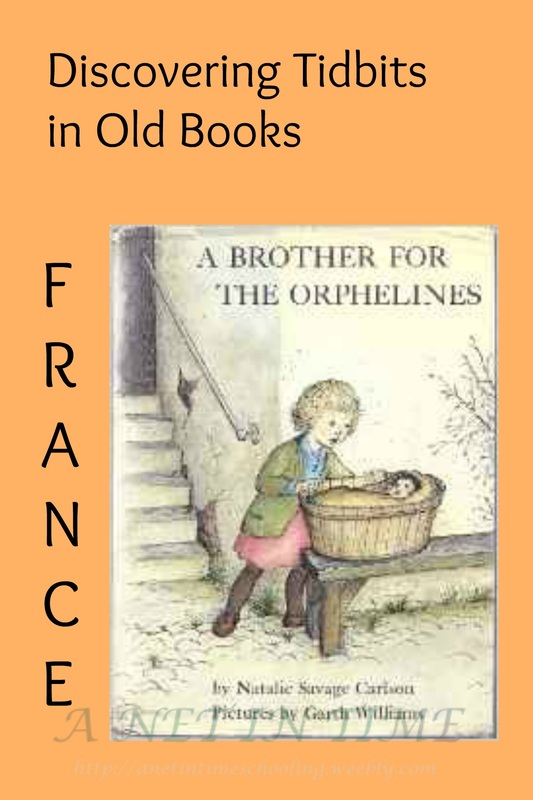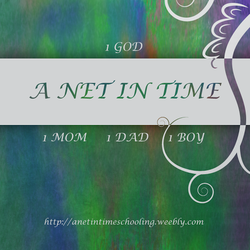What I didn't realize was ...how much we would learn about France and how that would ignite my son's curiousity.
MOM! They have a fish day? Why would they call it a fish day???
So I asked my summer student about it as he comes from France. His response:
1. April Fool's day is called "Poisson d'avril" in french. So I think that a good translation for April Fool's day would be The April's Fish. During this day, children used to put fish in papers on the back of their friends (or on the back of the teacher but it's even harder ;) ). On the first of April, you can say whatever you want and then add "Poisson d'Avril" which means that you are joking and you got them pranked ! To conclude on this question, most of time April Fool's day is a funny day.
Then we learned about the picking of flowers that happens in the spring, and the gifting of those flowers to the French President.
2. The first of May, we used to offer thrush flower. These flowers are called "Muguet" in France. This day is called the work's day ( = "le jour du travail" in french).
Well, those flowers are growing in Nantes so most of the people are buying trush flowers in a supermarket. Some people are offering it to the President because he is the one that controls the France and make people work.
I found an internet site to learn the history of the muguet, here the link is : http://m.programme-tv.net/news/buzz/84746-1er-mai-pourquoi-offre-t-on-du-muguet/ . You can use google trad to translate it, I think it will be fine ;).
Other than the new things we learned about France we THOROUGHLY enjoyed this book. The main character was an engaging young lass named Josine who caused so much trouble and yet helped resolve it as well. We had frequent laughs and were disappointed when the story ended.
I like reading older books with my lad, you never know what you might learn. :)
Do you have any you would recommend?
If so, can you tell me why?








 RSS Feed
RSS Feed



